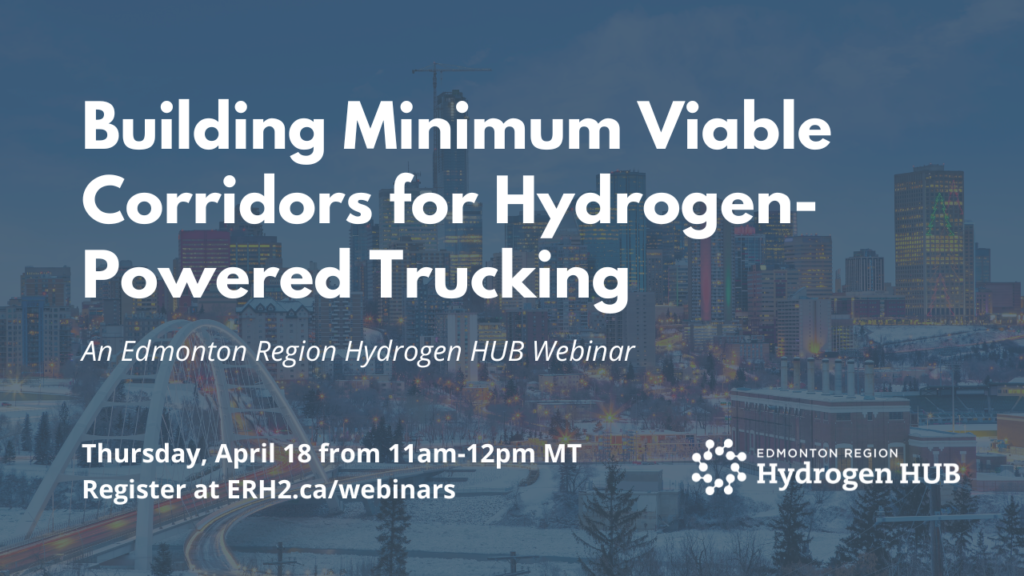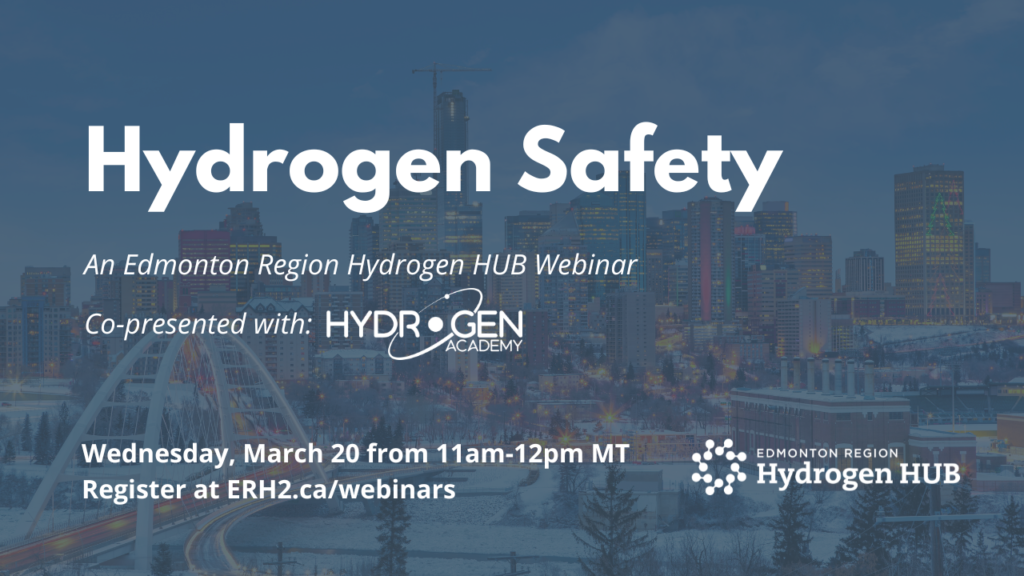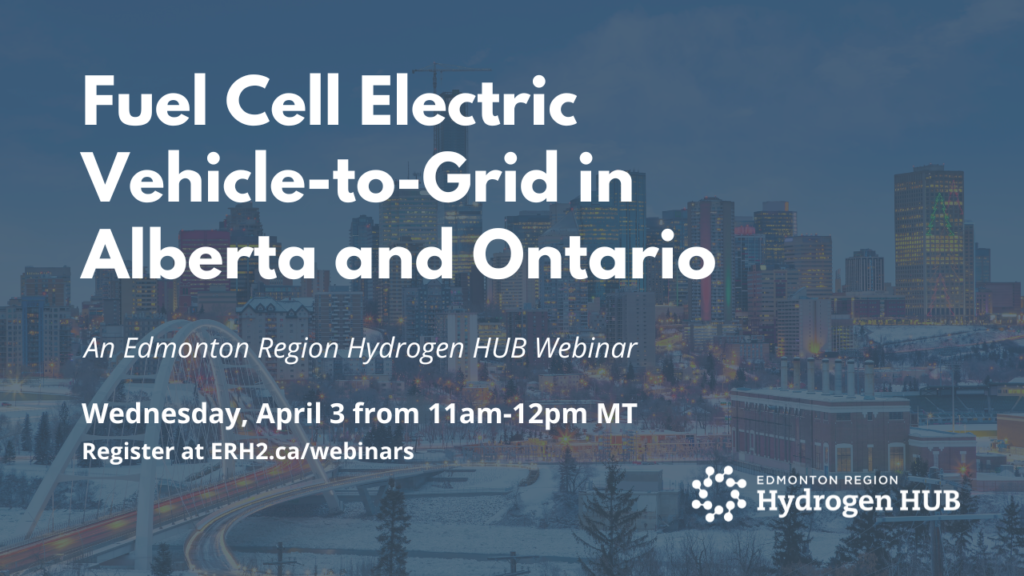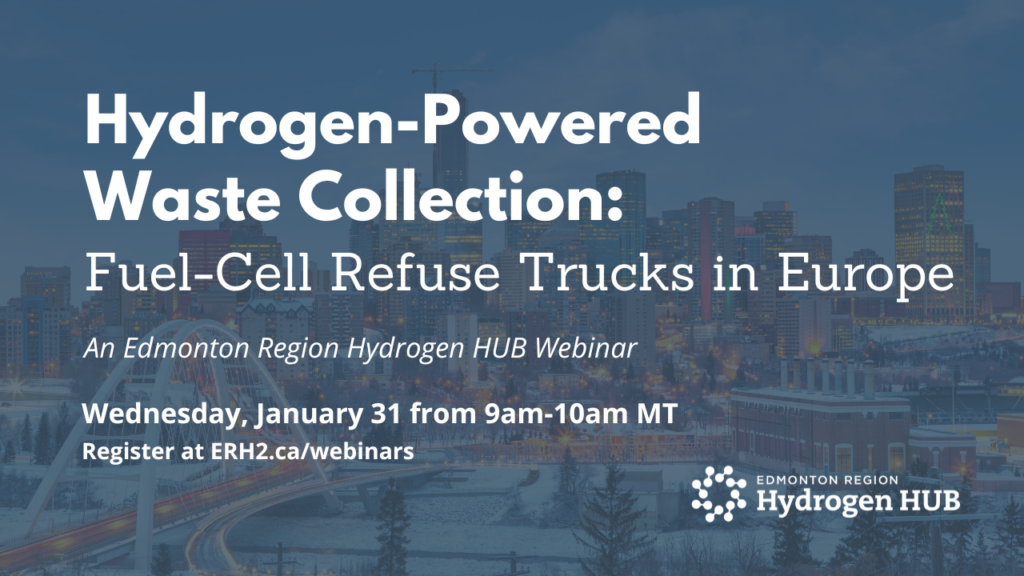
Hydrogen 101:
Challenges and opportunities of hydrogen as a zero-emission energy carrier
Tuesday, March 14, 2023
11am – 12pm MT
Presenter: Dr. David Layzell, Energy Systems Architect, The Transition Accelerator
Moderator: Mark Lea-Wilson, Edmonton Region Hydrogen HUB Lead, The Transition Accelerator
There is an important conversation happening right now in Alberta and across the country about the role of hydrogen in our zero-emission future. With new projects and pilots announced seemingly every week, and debates about production techniques and distribution methods happening every day, it’s all too easy for even those of us who live and breathe hydrogen to get lost in the weeds of technical documents and economic analysis.
That’s why we’re taking a step back to review the fundamentals. On March 14, Dr. David Layzell, the Energy Systems Architect for the Transition Accelerator and one of Canada’s leading experts on the hydrogen value chain, will walk us through Hydrogen 101, explaining why hydrogen has captured the attention of industry and policymakers. Using the latest independent research and analysis, this webinar will provide a solid foundation for thinking strategically about hydrogen and its uses—the kind of foundation that’s essential to any productive conversation about our future clean-energy system.
Hydrogen 101 is the first of four webinars hosted by Dr. Layzell to provide a high-level understanding of the hydrogen opportunity. After this general introduction, he will be discussing hydrogen’s role in transportation in June, heating applications in September, and hydrogen exports in December. Be sure to sign up for our newsletter for registration details for those future sessions.
Previous Webinars




